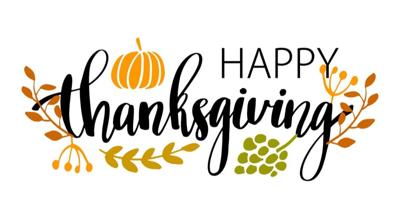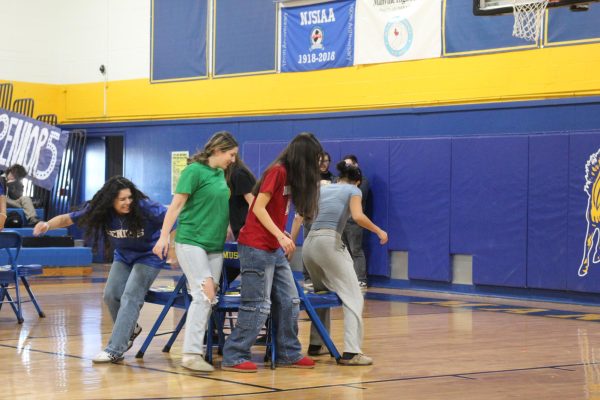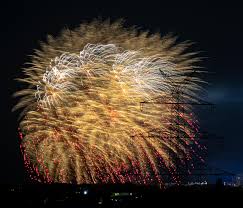The Origins Of Thanksgiving

In North America, Thanksgiving is an annual national holiday that is ceremonial for religious and non religious people. This holiday celebrates a harvest festival celebrated by the Pilgrims in 1621, and is held in the U.S. on the fourth Thursday of November. A similar holiday is held in Canada (Canadian Thanksgiving), which is usually on the second Monday in October.
Thanksgiving Day is a day for people in the U.S. to give thanks for what they have. Families and friends get together for a meal, which traditionally includes roasted turkey, stuffing, potatoes, vegetables, cranberry sauce, gravy, and pumpkin pie. On this day, a majority of government offices, businesses, schools, universities, colleges, and other organizations are closed. Thanksgiving was proclaimed by every president after Lincoln. The date was changed a couple of times, most recently by Franklin Roosevelt, who set it up to be in order to create a longer Christmas shopping season. Public uproar against this decision caused Roosevelt to move Thanksgiving back to its original date two years later. In 1941, Thanksgiving was finally sanctioned by Congress as a legal holiday, the day permanently being the fourth Thursday of November.
The Pilgrims who sailed to this country aboard the Mayflower were originally members of the English Separatist Church (a Puritan sect). They had earlier fled their home in England and sailed to Holland (the Netherlands) to escape religious persecution. While there, they enjoyed more religious tolerance, but eventually they became disenchanted with the Dutch way of life, thinking it ungodly. The article, Why Do Americans Celebrate Thanksgiving states, “Only about one-third of the original colonists were Separatists.” Seeking a better life, the Separatists negotiated with a London stock company to finance a pilgrimage to America. Most of those making the trip aboard the Mayflower were non-Separatists. Instead of being Separatists, they were hired to protect the company’s overall interests.
On January 1, 1795, our first United States President, George Washington, wrote his famed National Thanksgiving Proclamation, in which he says that, “it is our duty as a people, with devout reverence and affectionate gratitude, to acknowledge our many and great obligations to Almighty God, and to implore Him to continue our duty as a people, with devout reverence and affectionate gratitude, to acknowledge our many and great obligations to Almighty God, and to implore Him to continue and confirm the blessings we experienced.” This quote emphasizes that on Thanksgiving Day each year, Americans give thanks whether that be to this Almighty God or whatever belief system they have, and appreciate all the blessings and mercies toward us throughout the year.










